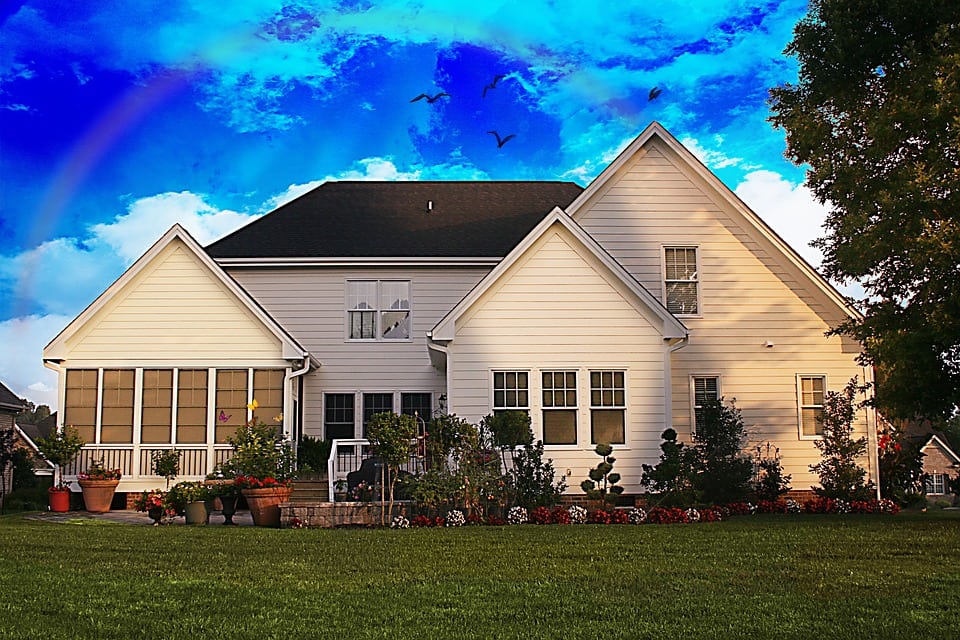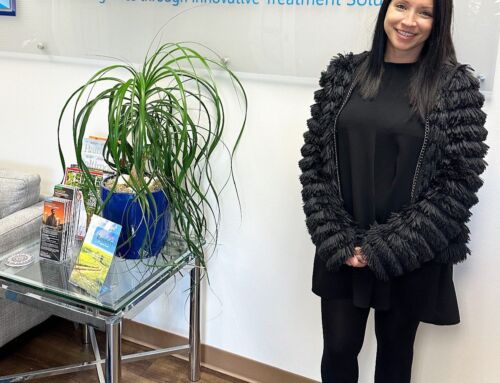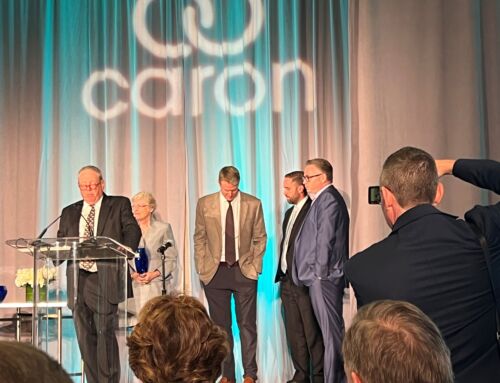Nobody wants to live in a sober home or a halfway house. No one. No one has ever gone happily and willingly without reservation or slight resentment to a recovery residence after treatment. Across the board, the mindset of a person in treatment is once they’ve completed a 28 day program they are good to go, ready to step out into the real world and be in recovery. The high relapse rates post-traditional 28 day inpatient or residential rehab programs demonstrates that most likely isn’t the case.
Even chronic relapsers, having gone through inpatient after inpatient for years on end, will fight tooth and nail against moving into a sober house. More often than not the phrase “I don’t need that. I know what I have to do” is thrown around, completely ignoring the heaps of evidence demonstrating that the person in fact doesn’t have a clue what they need to do.
It has been mentioned time and time again, even by the providers and operators of the nation’s finest 28 day treatment centers, that 28 days of inpatient treatment isn’t nearly enough when trying to combat a chronic, progressive illness like addiction. The most evidence-based research we have in the mountains of questionable and skewed “evidence-based studies” on addiction treatment dictates that the longer a person with a substance use disorders is engaged in some form of treatment the better the successful recovery outcomes tends to be. Long-term, extended care treatment is needed post-residential rehab and any good continuum of care ends with a sober living environment.
“Sober living saved my life,” explains Tim Weber, founder of Weber Sober Homes (www.theweberaddictiongroup.org) in Carroll County, Maryland. “Living in a sober home kept me in an abstinence-based environment where 12 Step recovery and meetings were not only suggested but were a requirement of me staying there. I had been homeless and willing to do anything. Living there kept me accountable and it put me around a group of people that were all on the same path of early recovery. As a result of that experience, I was able to finally get clean and sober and go on and open my own sober homes to provide others with the same type of care and environment that was so important to me.”
Sober homes and recovery residences are not treatment. However, they typically are the last stop in an addiction treatment continuum of care and often a vital piece of the recovery puzzle. Most halfway houses and sober homes operate similarly: They require abstinence from all mood and mind altering substances and drug test residents to make sure they are in compliance; they require action in terms of recovery, typically in the form of daily 12 Step meeting attendance and all that goes along with being a member of those fellowships (having a sponsor, working the 12 Steps, having a home group); they have curfews that residents must abide by that typically loosen over time as those living in the home show they can be responsible and abide by all house rules; they expect that within a short period of time after moving in that residents are either working, volunteering and enrolled in school. Most sober homes are either staffed or have a senior house member that acts as a house manager in order to make sure all residents are both staying clean and sober but also slowly integrating back into everyday life and learning to be productive members of society.
“A halfway house is vital for a kid in early sobriety. It gives them a foundation and a safe environment where they can learn the necessary tools to stay clean and sober long-term,” Jason Benwell, Director of Operations at One Promise Transitional Houses (www.onepromiserecovery.net), that operate 8 homes within the Baltimore area. “Having a safe clean and sober environment is important in early recovery because typically that is the dangerous time period and when most relapses happen.”
Nationwide interventionist Sam Davis is also the founder of Broad Highway Recovery sober homes in Richmond, Virginia. The 8 bed residence offers a number of services for residents, including peer-to-peer guidance, clinical supervision and 12-Step immersion but also goes a step further than many other sober homes, offering deep sea fishing excursions, spiritual retreats and a host of other activities designed to engage the residential community and invigorate the mind, body and spirit.
“A supportive, structured, well-managed transitional home, operated by individuals with experience and a clear understanding of continuum of care, can truly make the difference between a successful treatment episode followed by a life of freedom and abundance or a relapse,” Davis explains. “In my own personal experience, sober living provided a safe environment for me to practice and enlarge the tools that were given to me in treatment. It allowed me to slowly transition back into the lives of my family while building a support structure of recovery friends, meetings and sponsorship. It’s where I learned to grow up and assume responsibility for myself.”
No one wants to move into a sober home. No one skips happily and joyfully into the idea of living in a halfway house. No one. Just like most people enter treatment, those same people entertain and eventually enter into a sober home. They are resistant, unhappy and feel like this “isn’t for them” and they “don’t need this.” However, ask around. Talk to people in recovery. Talk to those people with long-term, sustainable sobriety. Most of them will have started their journey of recovery in the safe and supportive environment of a sober home (not accounting for the fact that for many “old-timers” in the rooms of 12 Step fellowships, there were not sober homes during their time of early sobriety.)
Sober homes and recovery residences hold a vital place in the addiction treatment and recovery continuum of care. They allow for important personal growth of a person in early sobriety, giving them a necessary safe and sober environment to learn to put into place the tools they have learned in treatment. They provide a place to learn responsibility and accountability. They provide a necessary environment for a newly sober person to learn healthy recovery habits and consistency that is key in early sobriety. Nobody newly sober wants to go to a sober home which might be why everybody that is newly sober should go.
If you or someone you know is in need of help because of drug and/or alcohol abuse or addiction, please give us a call. Maryland Addiction Recovery Center offers the most comprehensive dual diagnosis substance abuse treatment in the Baltimore, Maryland, Washington, DC and Virginia area. If we aren’t the best fit for you or your loved one, we will take the necessary time to work with you to find a treatment center or provider that better fits your needs. Please give us a call at (410) 773-0500 or email our team at Contact us today. For more information on all of our drug addiction and alcohol addiction services and recovery resources, please visit our web site at www.marylandaddictionrecovery.com.

Table of Contents





